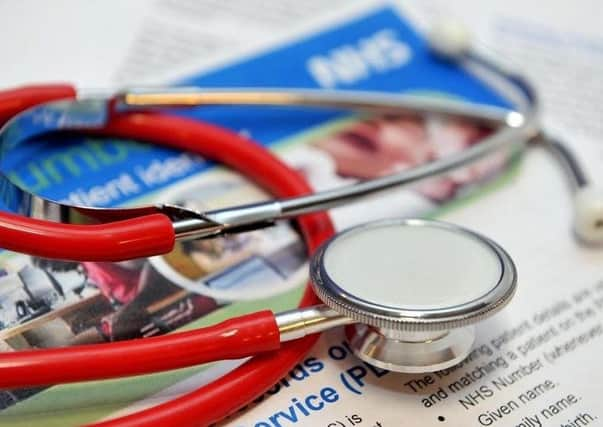Column: Health services must be helpful for all


The Equality Act was passed in 2010, replacing previous anti-discrimination legislation. It provides protection to people on the grounds of: age; disability; gender assignment; marriage and civil partnership; pregnancy and maternity; race; religion or belief; sex; and sexual orientation. These are known as the nine protected characteristics.
This is important for organisations like NHS Doncaster Clinical Commissioning Group (CCG) as the common factor across these groups is that, while they are all patients of the NHS, they will have differing needs.
Advertisement
Hide AdAdvertisement
Hide AdIt’s our role to organise and pay for the NHS services used by those patients, it’s something we take into account with our partner organisations as we arrange health care in Doncaster. Having a good understanding is key to providing services that can improve health and make a real difference.
There are now 11.6 million people aged over 65 in the UK and 1.5 million of them are over 85. There are more than 400,000 people living in care homes and 750,000 people have dementia. It’s predicted that one in four of the children born today will live to be at least 100.
The age profile in Doncaster is broadly similar to the national picture with a slightly higher proportion of older people and slightly lower working age people. At the time of the 2011 census there were more than 57,000 people from birth to 15; 193,000 aged 16 to 64; and 51,000 over 65.
From a health service planning perspective, we have to consider in advance how the decisions we are proposing to make about, for example, where and when services are set to be provided, are likely to impact on various age groups.
Advertisement
Hide AdAdvertisement
Hide AdThis also applies to the other eight protected characteristics.
In relation to ethnicity – or race – you may see the term BME used, which stands for Black & Minority Ethnic. We know there are variances in certain health conditions with black African and Caribbean men having higher rates of prostate cancer than white British males; and women from black and other minority groups currently tending to be diagnosed with breast cancer at more advanced stages than white women. There are many more and this is something we are trying to tackle as part of a national drive to reduce health inequalities.
Our challenge in providing NHS services for a such a diverse population as the Doncaster community is to be as inclusive as possible, as that is the only way to make real health improvements.